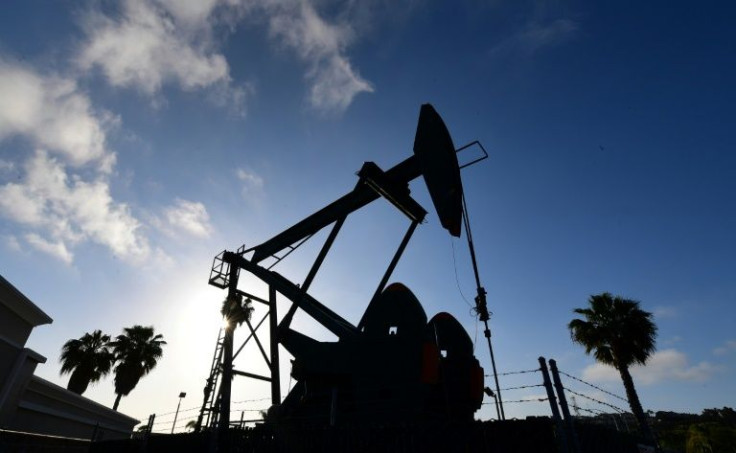OPEC+ To Meet As Omicron Sparks Price Turmoil
OPEC and the oil cartel's allies hold a key output meeting on Thursday facing new challenges as the Omicron coronavirus variant has roiled markets and other US-led nations decided to tap their strategic reserves.
The OPEC+ alliance has resisted US-led pressure to step up production to bring down surging energy prices, and the emergence of the new variant has complicated the equation.
The meeting "is shaping up to be one of the most significant since the pandemic demand recovery began, and the key signal will be how much more oil will be added to supply to start the new year," said Peter McNally, an analyst at the Third Bridge think tank.
The detection of the new variant on Thursday caused crude prices to plunge more than 10 percent, a first since the massive drops of April 2020.
After bouncing back on Monday, oil prices fell again on Tuesday as the head of US pharmaceutical company Moderna warned that current vaccines might be less effective at fending off the Omicron variant.
Carsten Fritsch of Commerzbank said "there is much to suggest that OPEC+ will not initially step up its oil production any further" in an effort to maintain current prices at around $70 a barrel.
OPEC+ countries began slowly boosting output in May.
The group has been adding 400,000 barrels per day to the markets every month, even though its capacity is 10 times higher than that.
The alliance will discuss its output levels for early 2022 at the meeting.

Russian Deputy Prime Minister Alexander Novak, the Kremlin's oil pointman, warned Monday against any "hasty decisions", according to Russian news agencies.
A technical meeting was set for Tuesday ahead of the meeting but was postponed to Thursday as experts seek more information on the "current situation", Novak said.
The conference also comes a week after the United States, China, India and Japan decided to dip into their strategic reserves to help bring down crude prices, after a surge that has undermined economic recovery.
US President Joe Biden called it a "major initiative", with analysts estimating the injection at between 65 and 80 million barrels, including 50 million from the United States alone.
Oil prices rose despite the move, but they fell after Omicron emerged.
Iran's possible re-entry into OPEC will be another key element in the OPEC calculus.
Iran was sidelined from OPEC in 2018 when then US president Donald Trump pulled Washington out of the 2015 nuclear accord with the Islamic republic.
After a five-month hiatus, negotiations resumed Monday in Vienna.
While most analysts are pessimistic about the outcome, Bjarne Schieldrop of Swedish bank SEB said: "Getting Iranian oil production and exports back on track is probably the best option for President Joe Biden to ease the current oil market tightness."
Iran produced nearly four million barrels a day in 2017 -- an output that dropped to around two million barrels per day last year.
© Copyright AFP 2024. All rights reserved.





















